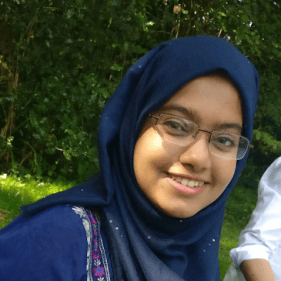IKD Seminar - The food vs. cash transfer debate in Bangladesh
Abstract
Hailed as a panacea to rising inequality in the world, social protection has gained rapid prominence in the global development agenda. In recent years, several countries across the global South have enacted national strategies in a bid to build more robust, harmonised and state of the art social protection portfolios. Unsurprisingly, courtesy of these developments, the literature on social protection programme design and efficacy has grown rich and contentious. This paper uses Bangladesh as a case study to explore the political underpinnings of one of the field's most fundamental debates: "Should transfers be cash or in-kind?" In the lead up to Bangladesh formalising its National Social Security Strategy in 2015, and its subsequent Action Plan in 2018, the debate held considerable sway in the country's policy milieu. To help shed light on the 'black box' of policymaking, the paper traces the process via which the ultimate decisions were made by myriad actors jostling for dominance, including donors, consultants, bureaucrats, civil society, and politicians. It finds that ideas, interests, transnational politics, path dependency, and contingency events have much more influence on policymaking than the pristine principles of evidence-based policymaking would suggest. As such, our understanding of social protection programme design needs to take the underlying politics of each individual context into consideration to become truly effective.
The food vs. cash transfer debate in Bangladesh (Watch video)
Speakers
Dr Nabila Idris - is a member of the Commission of Inquiry on Enforced Disappearances in Bangladesh and an academic at BRAC University. She completed her PhD at the University of Cambridge, where she researched the politics of social protection. A former Khazanah scholar, she has worked across the UK, China, Thailand, and Bangladesh.

Nicola Yeates - is Professor of Social Policy at The Open University and Chair of Social Policy in the Department of Social Policy and Criminology, School of Global Studies and Social Sciences. She gained her PhD at Bristol University and after working at University College Dublin and Queen’s University Belfast, she joined The Open University. Nicola's research centres on transnationalisation and globalisation as social processes, together with their impacts on, and implications for, social policy and welfare as a field of academic teaching and research and as a political practice of state and non-state actors.

Share this page:
Contact us
To find out more about our work, or to discuss a potential project, please contact:
International Development Research Office
Faculty of Arts and Social Sciences
The Open University
Walton Hall
Milton Keynes
MK7 6AA
United Kingdom
T: +44 (0)1908 858502
E: international-development-research@open.ac.uk
.jpg)